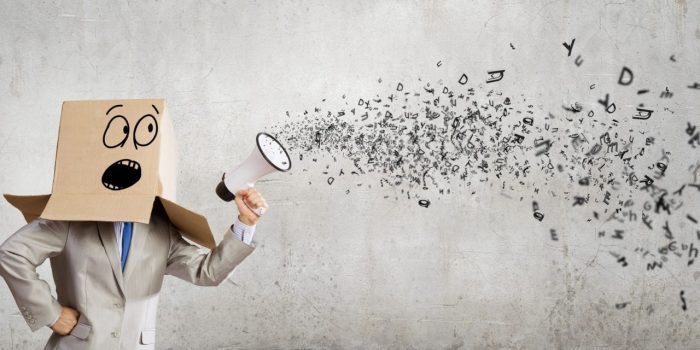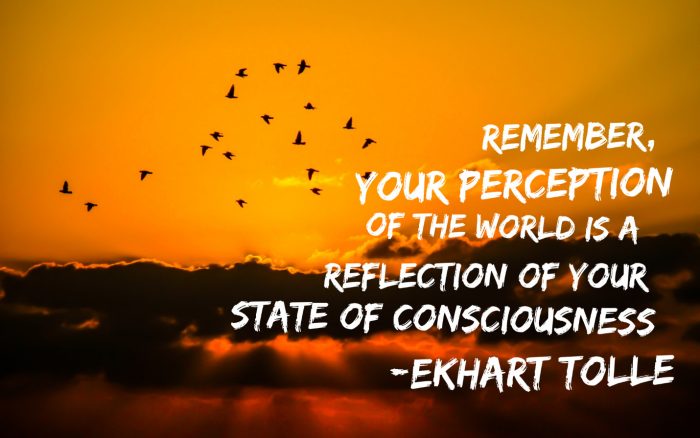
Perception
A belief or opinion, often held by many people and based on how things seem:
We have to change the public’s perception that money is being wasted.
These photographs will affect people’s perceptions of war.
Cambridge Dictionary


More examples
There is a general perception that exams are becoming easier to pass.
It is my perception that his argument was fundamentally flawed.
We need to change people’s perception of the military.
These perceptions reflect those of the general public.
Popular perception of him is gradually changing.
General key points that may be relevant to the topic of public perception:
Subjectivity: Public perception is subjective and can vary among different individuals, groups, and communities. It is influenced by personal experiences, beliefs, values, cultural background, and other factors.
Influence of Media: Media plays a significant role in shaping public perception. News coverage, social media, advertising, and other forms of media can shape public opinions and attitudes towards various issues, events, and individuals.
Importance of Image: Public perception is often influenced by the image or reputation of a person, organization, or entity. Positive or negative perceptions can impact how individuals or organizations are perceived by the public.
Emotional Factors: Public perception is influenced by emotional factors such as fear, trust, empathy, and other emotional responses. Emotional appeals can shape public perception and impact decision-making.
Cognitive Biases: Public perception can be influenced by cognitive biases, such as confirmation bias, where individuals tend to interpret information in a way that confirms their existing beliefs or biases.
Public Relations: Public relations efforts by individuals, organizations, or entities can influence public perception. Public relations strategies, including communication, branding, and reputation management, can shape how an individual or organization is perceived by the public.
Social Dynamics: Public perception can be shaped by social dynamics, such as social norms, group dynamics, and social influence. Public perception may be influenced by the opinions and attitudes of influential individuals or groups.
Evolving Nature: Public perception is not static and can change over time. It may evolve in response to new information, changing social or cultural dynamics, and other factors.
Consequences: Public perception can have real-world consequences, including impacts on reputation, public support, policy decisions, and other outcomes. It is an important aspect to consider in various fields, including politics, business, advocacy, and more.
Importance of Listening and Engagement: Listening to and engaging with the public is crucial in shaping public perception. Understanding the perspectives, concerns, and feedback of the public can help in shaping a more accurate and informed perception.
Please note that the key points mentioned above are general and may not be specific to any particular document or context titled “The Public Perception.” It’s important to consider the specific context or document in question for a more accurate and comprehensive understanding.
1 – 6.4 Making Sense of Perception
14 apr. 2011
2 Bribery and Corruption in the City
14 nov. 2018
Ghost Stories – Best of Just For Laughs Gags
18 jul. 2019